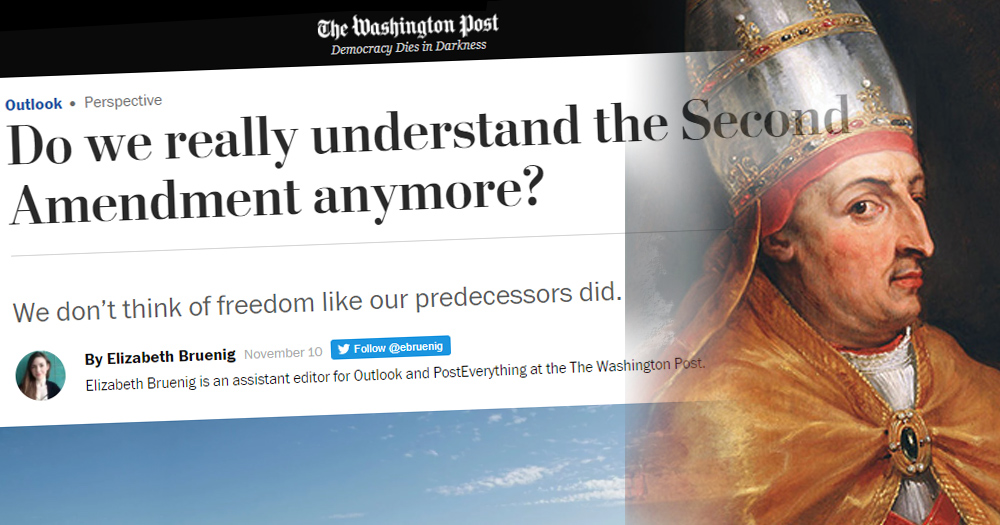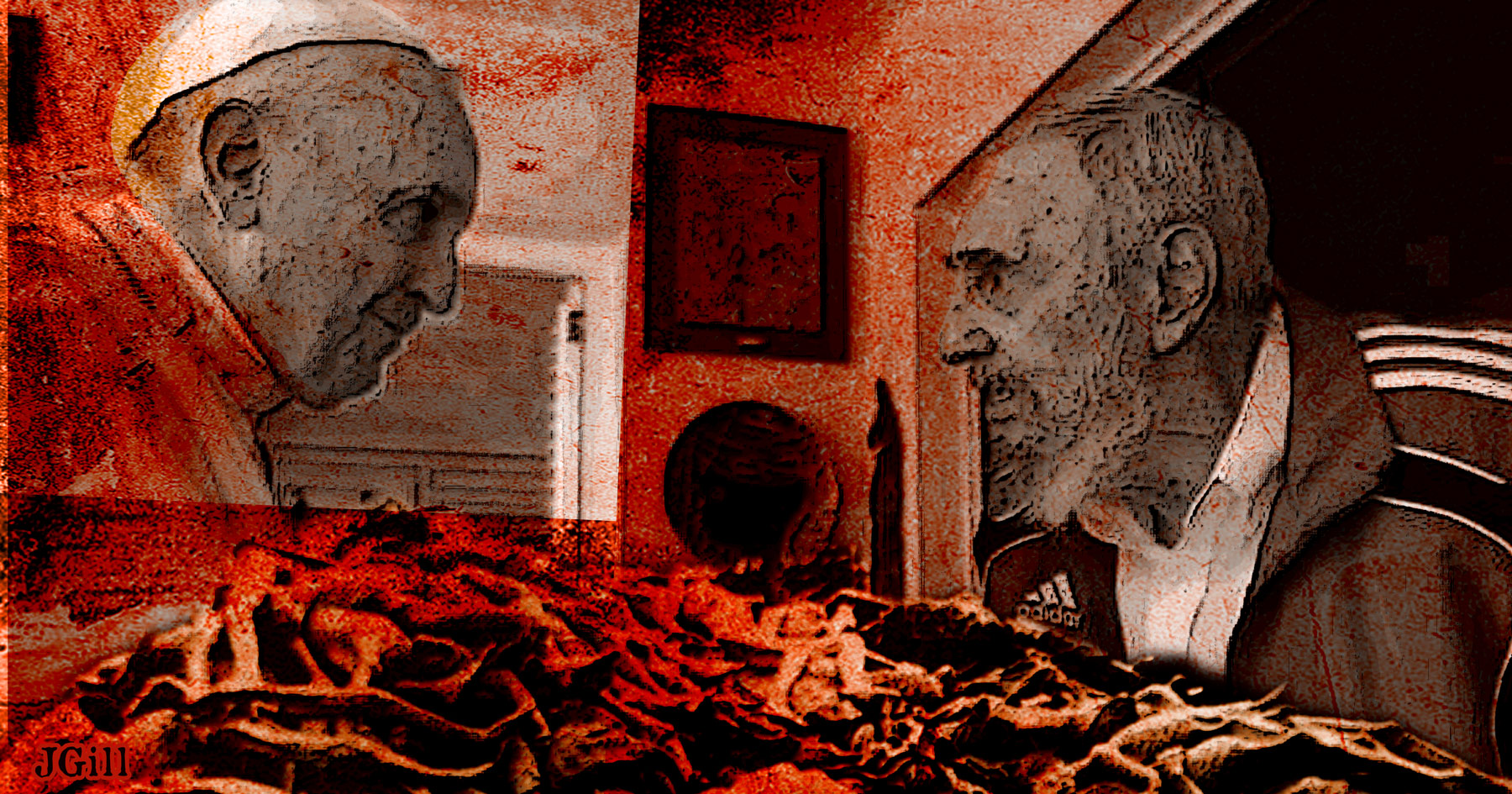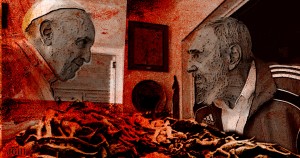In his new encyclical, “Fratelli Tutti,” Pope Francis continues his attacks upon capitalism.
“The marketplace, by itself, cannot resolve every problem, however much we are asked to believe this dogma of neoliberal faith.” Capitalism “does not resolve the inequality that gives rise to new forms of violence. . . . The fragility of world systems in the face of the pandemic has demonstrated that not everything can be resolved by market freedom.”
What caused the inequality? Nature? Predation? Production? Inequality caused by theft and serfdom is a problem; inequality caused by production and freedom is not.
The pain of lockdowns (whether justified or not) is inflicted by massive restrictions on capitalism. And it turns out these government programs — pandemic “mitigation efforts” — will likely hit poor countries the hardest, causing (as the UN fears) mass starvation.
The pope cannot blame capitalism for that inequality!
Also, which champions of capitalism contend that capitalism resolves (instantly?) “every” problem?
Capitalism is the socio-economic system characterized by freedom of production and exchange and by respect for property rights. It enables us to earn a living and make plans without worrying that we will be continuously robbed and our plans continuously derailed by governments. A free society shouldn’t pretend it can fix every problem, but it provides many incentives and opportunities to solve, or at least cope with, the problems of life. When free, we can speak and act as we judge best.
And learn from our mistakes.
It would be a grave mistake to think that capitalism must be blamed for natural inequality, or for government actions to shut down production and commerce in order (we are told) to fight a virus.
This is Common Sense. I’m Paul Jacob.
Photo of Pope Francis by Catholic Church England
See all recent commentary
(simplified and organized)
See recent popular posts




